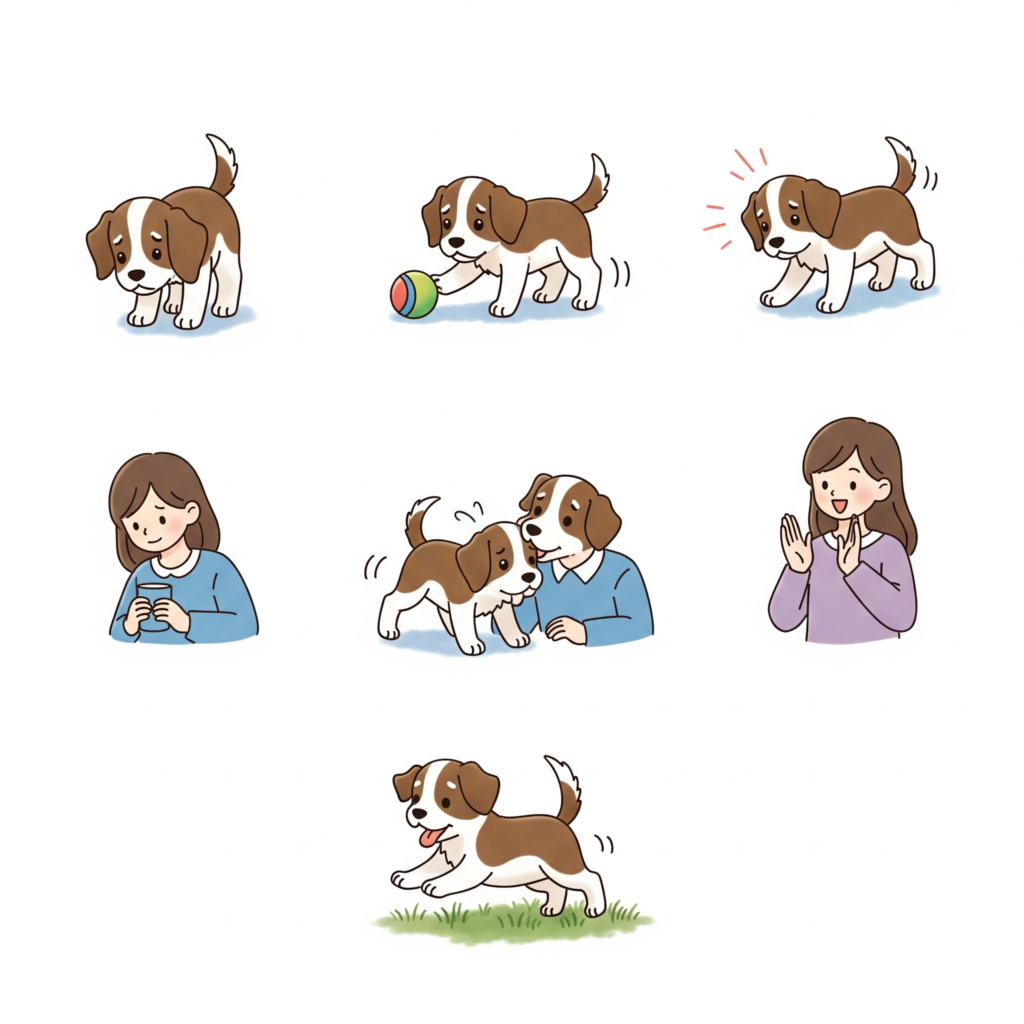
Not all puppies come bounding into the world with fearless energy. Some are naturally more reserved, cautious, or easily startled. Whether due to genetics, lack of early socialization, or a change in environment, a shy puppy needs a special kind of support. Building confidence doesn’t require fancy tools or overwhelming social exposure—everyday routines and thoughtful interactions can make a big difference.
Understand What Shyness Looks Like
Shyness in puppies can show up as hiding, avoiding eye contact, refusing to engage with new people, or showing fear toward everyday sights and sounds. Recognizing these signs is the first step. Avoid forcing your puppy into situations they find stressful, as that can reinforce fear instead of building trust.
Use Daily Routines to Create Security
Routine provides a foundation for comfort. Feeding, potty breaks, walks, and rest should happen at consistent times each day. When your puppy knows what to expect, they feel more in control and less anxious about the unknown. Predictability becomes a source of calm.
Start with Low-Stress Exposure
Help your puppy build confidence by introducing small, low-pressure experiences at home. This could be the sound of the vacuum in another room, walking across different surfaces like rugs or tiles, or exploring a new room in the house. Stay close, remain calm, and allow your puppy to observe and decide when they’re ready to interact.
Celebrate Small Wins
Each time your puppy investigates something new, even if it’s just sniffing a shoe or walking up to the front door, that’s a step forward. Use a soft, happy voice and a small treat to reward brave behavior. These small moments add up to big growth over time.
Give Them Choice and Space
Shy puppies need to feel they have control over their environment. If someone new enters the room, let your puppy approach when they’re ready rather than being picked up or passed around. Respecting their boundaries helps build trust and reduces anxiety.
Gentle Socialization Matters
When introducing your puppy to new people, animals, or places, keep it short and sweet. Quiet parks, calm friends, or well-mannered dogs are great first steps. Limit the number of new experiences at once. One positive interaction a day is far better than several rushed or overwhelming ones.
Incorporate Play Into Confidence Building
Interactive toys like soft tug ropes, puzzle feeders, or gentle games of fetch are not only fun but also boost your puppy’s independence. When a shy puppy feels successful and stimulated through play, their self-assurance grows naturally.
Avoid Punishment and Pressure
A shy puppy is not being disobedient—they’re just unsure. Avoid scolding or pushing them into fearful situations. Positive reinforcement builds long-term confidence, while pressure can deepen their fears.
Use Your Voice and Touch for Comfort
Your presence is your puppy’s safe zone. Speak in a soothing tone, offer gentle pets, and be physically close during new experiences. Just sitting quietly nearby gives your puppy the confidence to explore knowing you’re there if they need reassurance.
Be Patient and Consistent
Confidence building isn’t fast. It’s a series of small victories over time. The more consistent you are in offering calm, safe, and rewarding experiences, the more secure your puppy will become. Progress may be slow, but it will come.
The Long-Term Reward
A once-shy puppy who grows into a trusting, well-adjusted companion is a testament to the power of daily life and patience. Every quiet encouragement, every calm reaction, every safe space you provide sets the stage for your puppy to thrive.
With love, structure, and a gentle approach, even the most reserved puppy can grow into a happy and confident adult dog ready to explore the world. PetsDogPuppy
